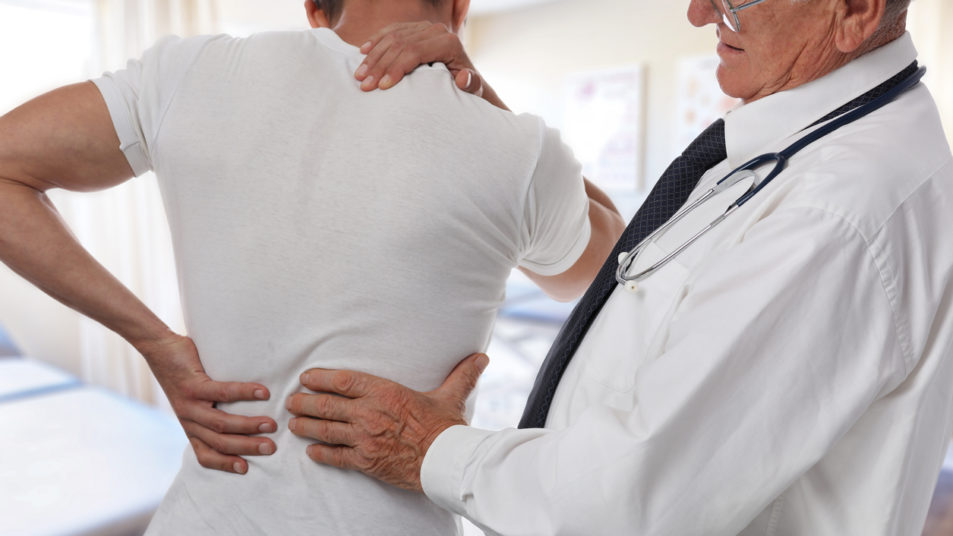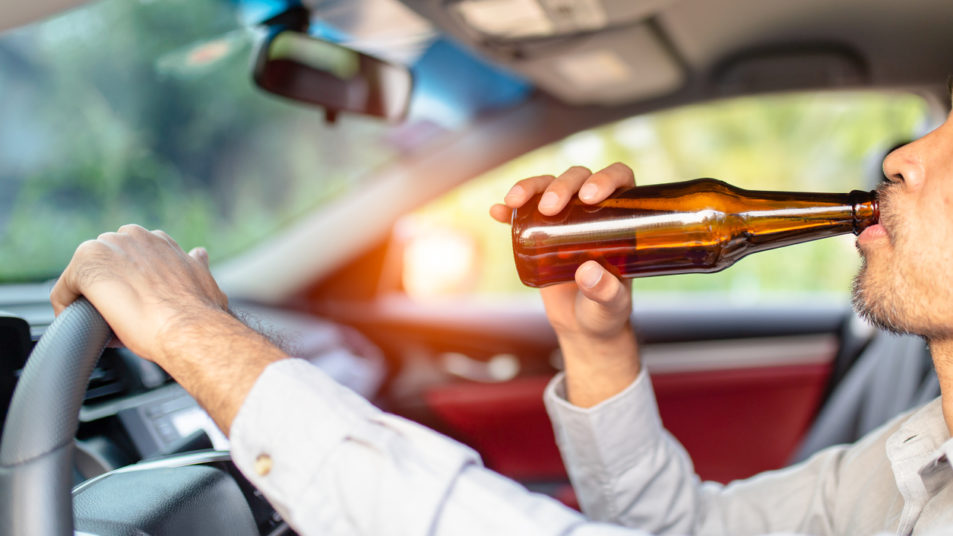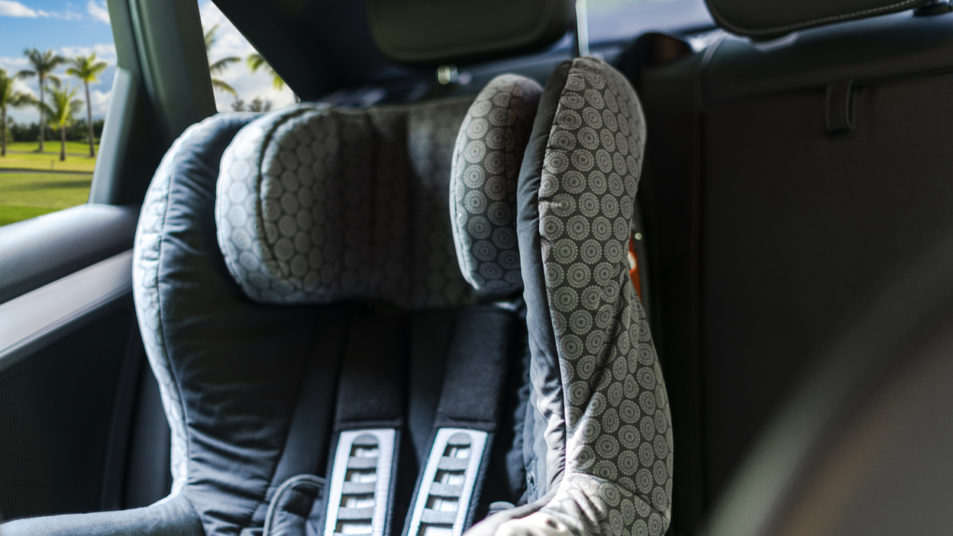Persistent Pain After a Car Accident: What to Do Next
Pain can make your life miserable and prevent you from working, performing daily activities, or even sleeping. It can also affect your mood and alter how you interact with the people around you.
More importantly, pain is your nervous system’s way of telling you that something has gone wrong. Pain after a car accident can come from many sources, and most of these possible forms of pain should signal you to take action to find their source.
Learn what to do if you experience persistent pain after a car accident.
The Body’s Pain Response
Your nerves produce pain signals that travel to your brain, which interprets them in a surprisingly detailed way. Your brain can often tell you the nature of the pain’s sensation, its intensity, and its location.
Knowing these details will help you describe your pain to your doctor. For example, different conditions cause sharp pains and dull aches. Likewise, a pain that feels like a throbbing pulse has dissimilar causes from a pain that feels like an electric shock.
These pain sensations all share a common purpose: allowing the nervous system to alert your brain that something has gone wrong in your body. Sometimes, pain is the direct result of injuries, but other times, your pain will come from diseases. Pain can even warn you of environmental dangers, such as hot surfaces or sharp objects.
The effectiveness of the body’s pain response depends on what you do with the information it provides you. When you experience pain, your body is signaling that it needs help, and if you ignore your body, you risk worsening an injury or condition that has already set off your internal alarm system.
Types of Pain
Doctors classify pain in several ways to help them identify the source of your pain and its potential treatment options. Some important pain classes include:
Acute vs. Chronic
Acute pain comes on suddenly due to an injury, disease, or condition. It goes away once doctors address the cause of the pain.
Chronic pain has a longer-term, possibly constant, duration. It may arise from an untreatable condition like rheumatoid arthritis or multiple sclerosis. It can also come from an injury that did not heal properly or is healing slowly.
For example, a car accident can tear the cartilage in a joint. Cartilage heals very slowly, and replacement cartilage usually lacks the strength and flexibility of the original cartilage. As a result, you might have ongoing (chronic) pain in the joint.
Somatic vs. Visceral
You experience somatic pain in your musculoskeletal system. When you feel achy joints or tense muscles, you’re experiencing somatic pain.
Visceral pain comes from your organs. Examples of visceral pain include a stomach ache or chest pain.
Local vs. Referred
Local pain occurs at an injury site. If your seat belt bruises your chest in a car accident, your sternum and ribs will hurt.
Referred pain occurs somewhere different than the injury site and usually occurs due to nerve damage. You have referred pain if your neck injury causes pain in your hands and fingers.
These characterizations make the distinction between local and referred pain one of the most important when diagnosing the cause of your pain.
Steps to Take if You Have Persistent Pain After an Accident
Pain can arise suddenly after an injury, but it often only occurs after an accident where swollen and damaged tissue sets off your body’s pain response.
A concussion happens when a jolt to your brain causes it to swell. Often, you might not experience a headache or other concussion symptoms until hours or even days after your accident.
Persistent pain after an accident can signify a severe injury. You should not assume that your pain is unrelated to your accident. You should also not believe your pain will disappear because it came on late.
If you experience persistent pain after an accident, you should do the following:
See a Doctor
A doctor can try to diagnose the source of your pain. Often, your doctor can prescribe a course of treatment or physical therapy to relieve your pain and repair your injury.
Doctors can also eliminate other causes of pain that might signify more severe injuries. Car accidents often cause seat belt injuries that usually involve a bruised chest, strained muscles, or fractured ribs.
While painful, these conditions will not kill you; however, chest pain after a car accident could also signify internal bleeding or lung damage. These conditions can kill you without medical treatment. Seeing a doctor about your pain after a car accident could save your life.
Get Treatment
Acute pain after a car accident often means you have suffered an injury that doctors can treat. Doctors can treat fractured bones, torn ligaments, and other painful injuries relatively easily. Treatment and medication can relieve your pain and set you on the path to recovery.
Even if you choose not to treat your injury, your doctor can treat the pain it causes. For example, doctors can only fully treat a herniated disc with surgery to remove it, but they can relieve the pain without surgery by administering anti-inflammatory injections into the nerves irritated by the herniated disc.
Talk to a Lawyer
Many accident victims avoid seeing a doctor and getting treatment because they cannot afford it. At the same time, their painful conditions may prevent them from working, leaving them trapped: They cannot work until they get treatment but cannot get treatment unless they work.
If your car accident resulted from someone else’s negligence, find the best personal injury lawyer who can seek compensation for your injuries. This compensation will cover your medical costs to pay for treatment and therapy. In many cases, injury compensation will help you avoid both financial and health problems. An experienced car accident lawyer will provide more insight into what you can reasonably expect from the at-fault party.
Do Not Suffer from Persistent Pain
You can seek pain relief after a car accident. You may have a health insurance policy that will cover the treatment of your injuries and include medical payment coverage that will help you pay for said treatment.
You can pursue injury compensation for accidents where someone else was at fault. And if you were working as a driver when your accident happened, you might even receive workers’ comp benefits. Everything becomes more difficult when you experience persistent pain, but you probably have options for getting medical treatment. You should check into all of them, as you do not need to suffer from persistent pain needlessly.


